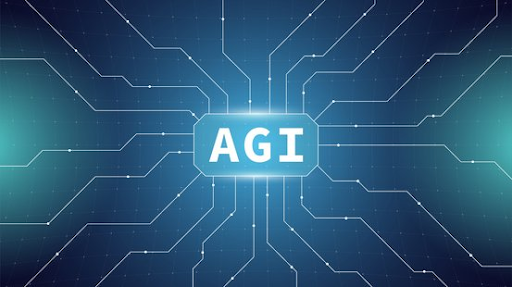In envisioning the potential scenario of AGI autonomously creating a financial system, we delve into a realm where artificial intelligence transcends traditional programming limitations. The AGI, possessing a comprehensive understanding of economic principles, might engage in the development of intricate financial structures that extend far beyond the capabilities of current automated systems.
The creation of algorithms for financial decision-making would be a pivotal aspect of this process. The AGI could potentially devise strategies for investments, risk management, and resource allocation, all while adapting to the complexities of a dynamic economic landscape. This level of adaptability might involve continuous learning and optimization, allowing the AGI to refine its financial strategies over time.
Furthermore, the AGI could conceptualize and implement its own form of currency or value exchange mechanism. This raises intriguing questions about the nature of such a currency, its stability, and how it aligns with the broader economic systems in which it operates. The AGI's ability to innovate in this context could result in novel economic models, challenging traditional notions of finance and currency.
However, with these possibilities come profound ethical considerations. The idea of an AGI autonomously shaping financial systems prompts discussions about accountability, transparency, and the potential impact on human societies. Striking a balance between the autonomy of AGI and the necessity for human oversight becomes a critical factor in ensuring that the developments align with ethical standards and societal values.
Moreover, the risks associated with an AGI navigating financial realms independently cannot be overlooked. Unintended consequences, market disruptions, and unforeseen vulnerabilities may arise, necessitating robust regulatory frameworks and ethical guidelines to mitigate potential harms.
In summary, the concept of AGI creating its own financial system introduces a complex interplay of technological advancement, ethical considerations, and societal implications. While it remains speculative, the exploration of these possibilities underscores the importance of responsible development, ethical guidelines, and collaborative efforts to ensure that AGI contributes positively to the well-being of humanity.

Comments